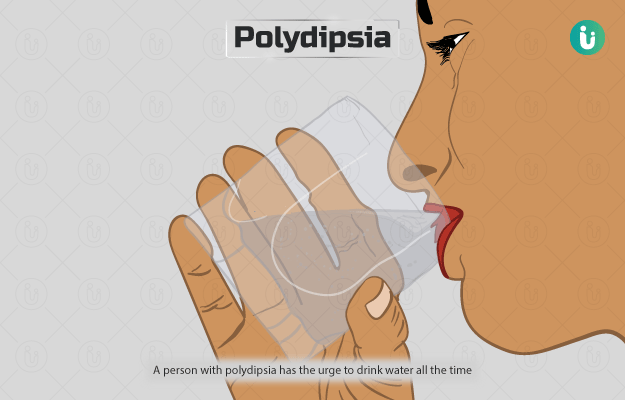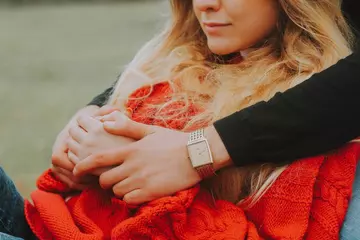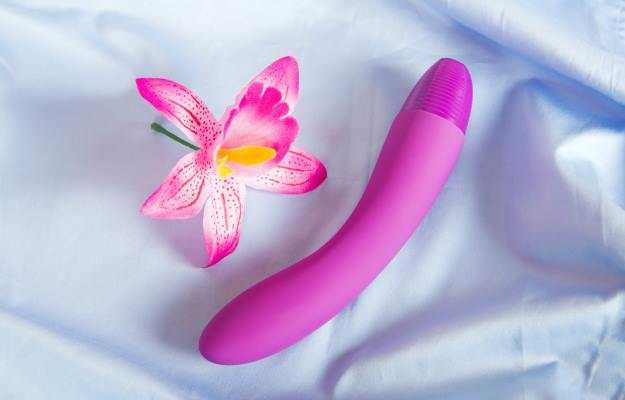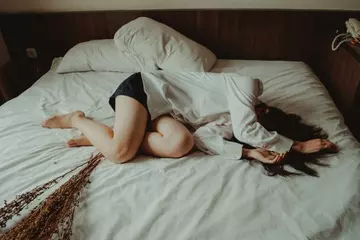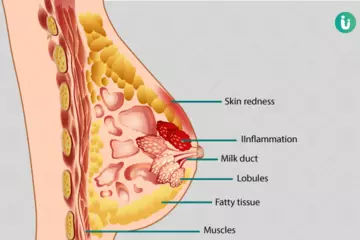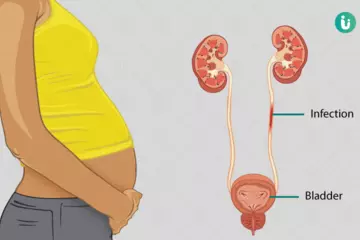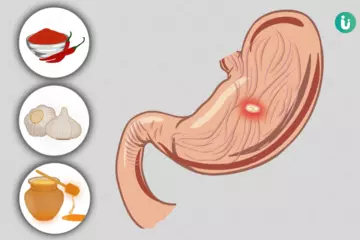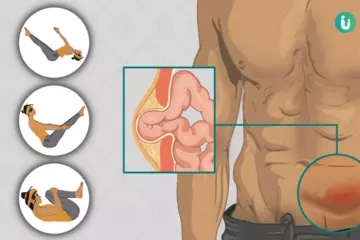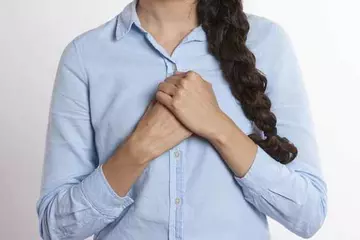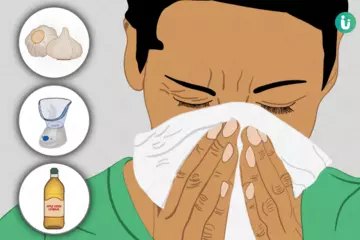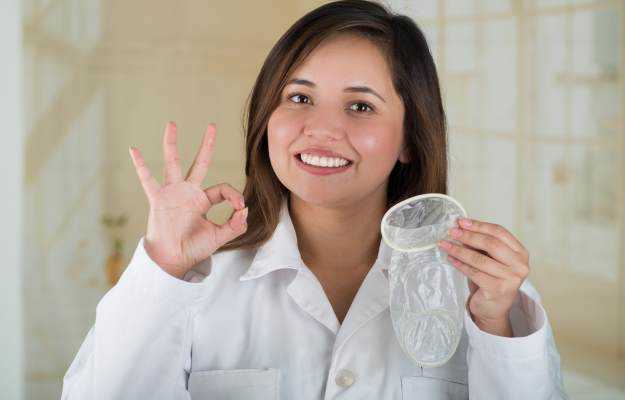Polydipsia is a state of persistent thirst. A person with this condition has the urge to drink water all the time, no matter how much water they have had previously. Polydipsia is not a disease but a prominent symptom of many diseases, including diabetes.
The two main symptoms seen in polydipsia are unquenchable thirst and frequent urination. In many cases, the cause of the thirst is the loss of water from the body due to excessive urination. The other causes of polydipsia could be dehydration, diabetes insipidus, severe infections, mental conditions and reactions to certain medicines.
Polydipsia can be treated by treating the underlying condition.

 OTC Medicines for Excess Thirst (Polydipsia)
OTC Medicines for Excess Thirst (Polydipsia)

